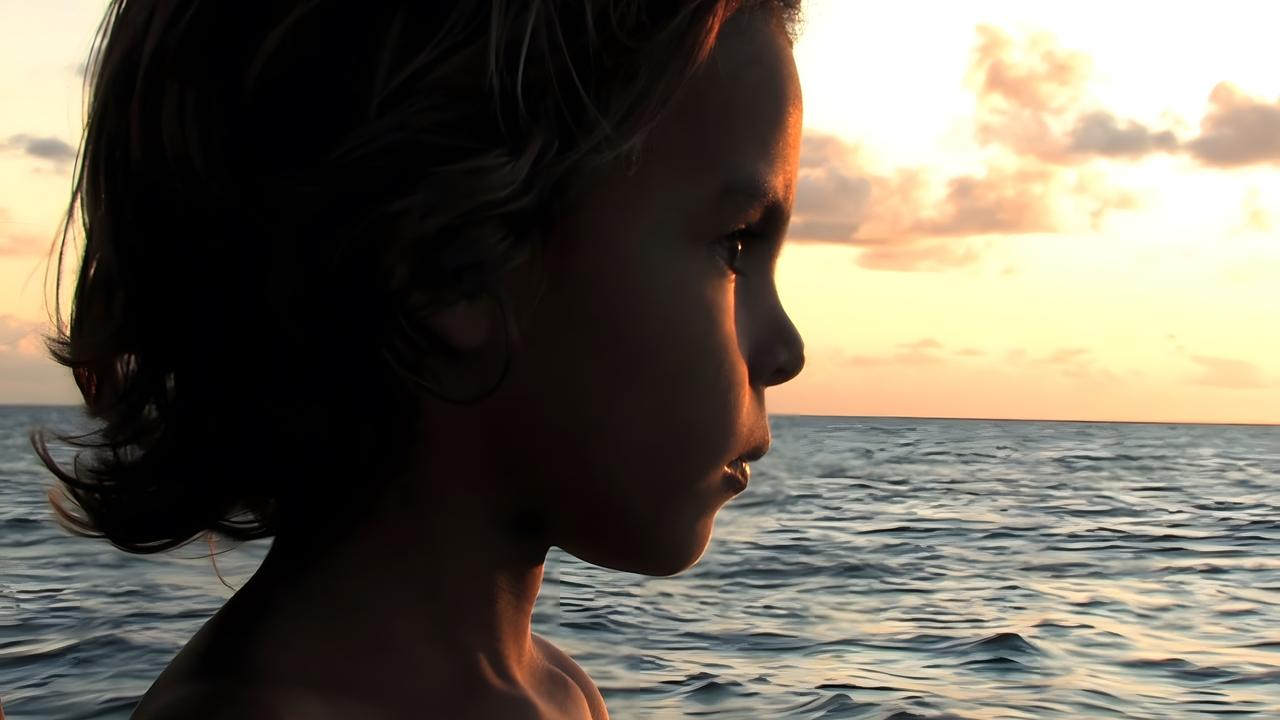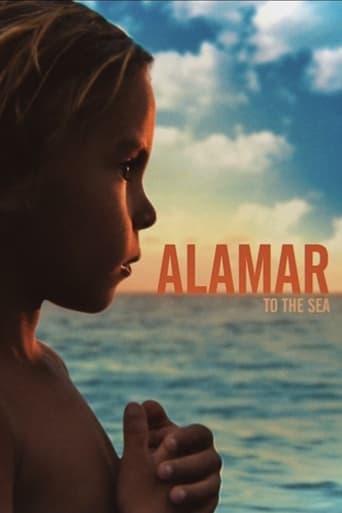Diagonaldi
Very well executed
SanEat
A film with more than the usual spoiler issues. Talking about it in any detail feels akin to handing you a gift-wrapped present and saying, "I hope you like it -- It's a thriller about a diabolical secret experiment."
Robert Joyner
The plot isn't so bad, but the pace of storytelling is too slow which makes people bored. Certain moments are so obvious and unnecessary for the main plot. I would've fast-forwarded those moments if it was an online streaming. The ending looks like implying a sequel, not sure if this movie will get one
Aspen Orson
There is definitely an excellent idea hidden in the background of the film. Unfortunately, it's difficult to find it.
robert-temple-1
Once in a while, a film appears that restores one's faith in the cinema as a medium, and reminds one of its possibilities for opening a window on a magical world. This is one such film. The film is unconventional, and proceeds at a slow pace certain to madden even further the madding crowd. But for those who like to know more about 'real life', especially in unfamiliar surroundings, this slice of life provides a unique vision. The main characters are a man and his son, and the man's elderly father. It seems that the man and his son really are just that, whereas the grandfather is an actor. The man is a Mexican 'of Mayan Indian descent', though he does not look like a Lacandone to me, so he must be from another tribe descended from the Maya of this particular region (the Lacandone, who are pure Maya, being much further inland, living in depths of the forests), and his son has come to visit him on the Mexican coast from his Italian mother, who lives in Rome. It is the boy's introduction to a timeless way of life which in many respects is thousands of years old. The setting is the remarkable Mexican heritage site of Banco Chinchorro, a coral reef in the sea near the ancient Maya centres of Quintana Roo and Cozumel, in the Caribbean off south-eastern Mexico. The father and grandfather live the lives of simple fishermen in a hut on stilts just off the shore. The film features a great deal of undersea photography showing them spearing lobsters on the seabed without oxygen tanks, but only snorkels. The young Mexican director Pedro Gonzalez Rubio, who studied at the London Film School, has made this amazing film with himself as writer, cameraman and editor, and apparently the assistance of only two other people apart from the cast. He says he wanted to show life 'in the middle of the sea, in the place of origins'. He certainly succeeded in doing that, for there is a timeless quality to this film. It makes such a difference in a feature film which is not a documentary to see real people doing real things in real places rather than the perpetual parade of illusion which is what feature films normally are. The life portrayed here in the house on stilts and in the sea, the lack of any watch or clock, the entire immersion in 'what happens naturally' (often personified as 'Nature') is a salutary lesson to us all, prisoners as we are of a rigidly systematized and over-structured reality which is really a false reality. The people in this film are living a dream, and it is a true dream, whereas we are living a nightmare, and it is a false one, a monstrous parody of life invented and enacted by maniacs. One of the touching emotional details in this film is the friendship between the boy and a wild egret whom he names Blancquita. Although the little white bird has yellow eyes, when the boy draws it, he gives it blue eyes. Frigate birds and a young crocodile also feature as characters in the film. Rubio is a poet, and his filmed poem is a masterpiece.
sl-pierce
This short film is a beautiful breath of fresh air amidst the current popular cinema. Pedro González-Rubio reveals the daily life of a young Italian boy, Natan, who has gone to visit his father and grandfather in Mexico, where they live at sea as fishermen. The film is more of a documentary, not following any intense plot, but rather, reflecting on the beauty of nature and the loving relationship between father and son. The cinematography is breathtaking, and I found myself wishing I could live at sea along the Banco Chinchorro as well. The absence of any music or soundtrack throughout the film is both interesting and compelling, because it forces the viewer to focus on the natural sounds of water, wildlife, and simple human interaction and conversation. There is a deep tranquility to this film, a sensation that washes over the audience as well, and one that I particularly enjoyed.
petty-mike
I am astounded by the obtuseness of the people here complaining that this beautiful movie lacks plot or narrative. A man and a woman drastically unsuited to each other have a child. The child spends some time with his father before his mother takes him away for good, far out of the father's reach. That's a huge story! Handled here the way it is, simply and sensitively, without false tension or wrong notes, this film delivers no thrills - no sharks, no drug cartels, no Russian submarines - just beautiful images and genuine emotions. The two fishermen are at one with nature, living lightly on the earth, or the sea rather, and they pass on their knowledge and wisdom to the boy with love. David Attenborough makes fine nature documentaries, obviously, but they have nothing to do with this movie.
asc85
It's true that not really very much is going on in this movie, so if that's what you're looking for, this is definitely not a movie for you. I usually prefer that something is going on, but I found the movie to be very interesting and very sweet. The relationship between the father and his young son seemed so real, genuine, and loving. Things were always shown in a very understated way, which also contributed to its realism. Movies like this can never be made in Hollywood, for the mass audience would be running out of the theater asking for their money back after the first 10 minutes. But because the critical reviews were primarily positive, and it was only 73 minutes long, I wanted to give it a chance. I'm glad I did. It's definitely worth a look.

